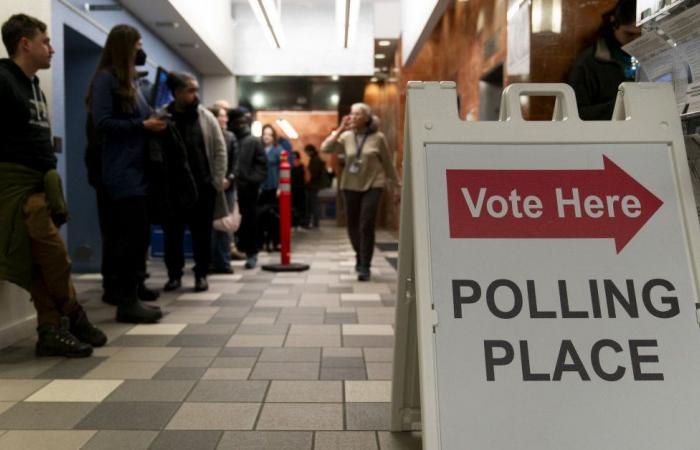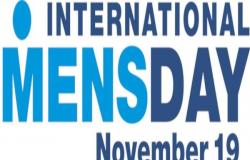This article is part of The D.C. Brief, TIME’s politics newsletter. Sign up here to get stories like this sent to your inbox.
If you’re taking the time to read this, I suspect we have some overlap in the makeup of our social circles. Inevitably, the same question in mine is asked in almost every conversation: Who is going to win this? And without fail, I’m stuck making a less-than-artful dodge. It’s a sidestep, for sure, but one that’s best executed in this environment of hyper-uncertainty.
So, when I can, I reply with a shrug emoji. If the inquiry comes when I’m at home and in person, I toss back some variant of some version of the crystal-ball joke, which admittedly is not terribly amusing. But the most honest thing that can be said, at least before we have any real results this Election Day, is this: no one really knows.
Millions of dollars have been invested in polls, and probably billions of hours have been spent reading them. The best thing true students of this campaign can do now is to pretend that none of those surveys ever reached this screen. Trying to calibrate today’s expectations to the potential outcomes is pretty pointless and a little irresponsible; those polls were out of date when you read them, and are woefully wasteful in this, the final push toward an actual count.
This is not to say polls were garbage. They were useful snapshots in time of how an anticipated electorate was seeing the race in a narrow window. They are not—and I cannot shout this loudly enough from the rooftops—predictive in any way.
Which brings me to a point that is uniquely potent with one of these candidates: just because a poll shows an advantage heading into Election Day does not mean that a win is assured. What’s more, there’s absolutely no reason to say that results coming from election officials that don’t match the polls are rigged. Mismatched polling numbers or ill-tuned turnout expectations are not evidence of voter fraud, cheating, or deck-stacking. The divergence between polling and vote counts happen, and voters would do well to look at what comes out of Election Day counts, not the polls heading into it. There’s zero justification to declare a winner before the math adds up, and the raft of polling data does not get a vote.
So no matter who earned your vote this Election Day, do yourself this simple favor: close all of your tabs tracking polls of all stripes. Trying to set expectations based on a math model is only going to add to the anxiety already manifesting itself. (For those who missed it, Downtown D.C. and the areas around the White House and Vice President’s residence are already fortified with high fences and windows covered with plywood in anticipation of chaos tonight and for the 11 weeks before Inauguration Day.)
If you’re determined to follow along and look for updates, TIME’s staff will be keeping a liveblog of events as we know them here, and our map of state-by-state winners is here. But, truly, the best thing that might be available before we actually have numbers coming into the servers is this: take a break from this election once your ballot is returned; we have all earned it.
Make sense of what matters in Washington. Sign up for the D.C. Brief newsletter.






